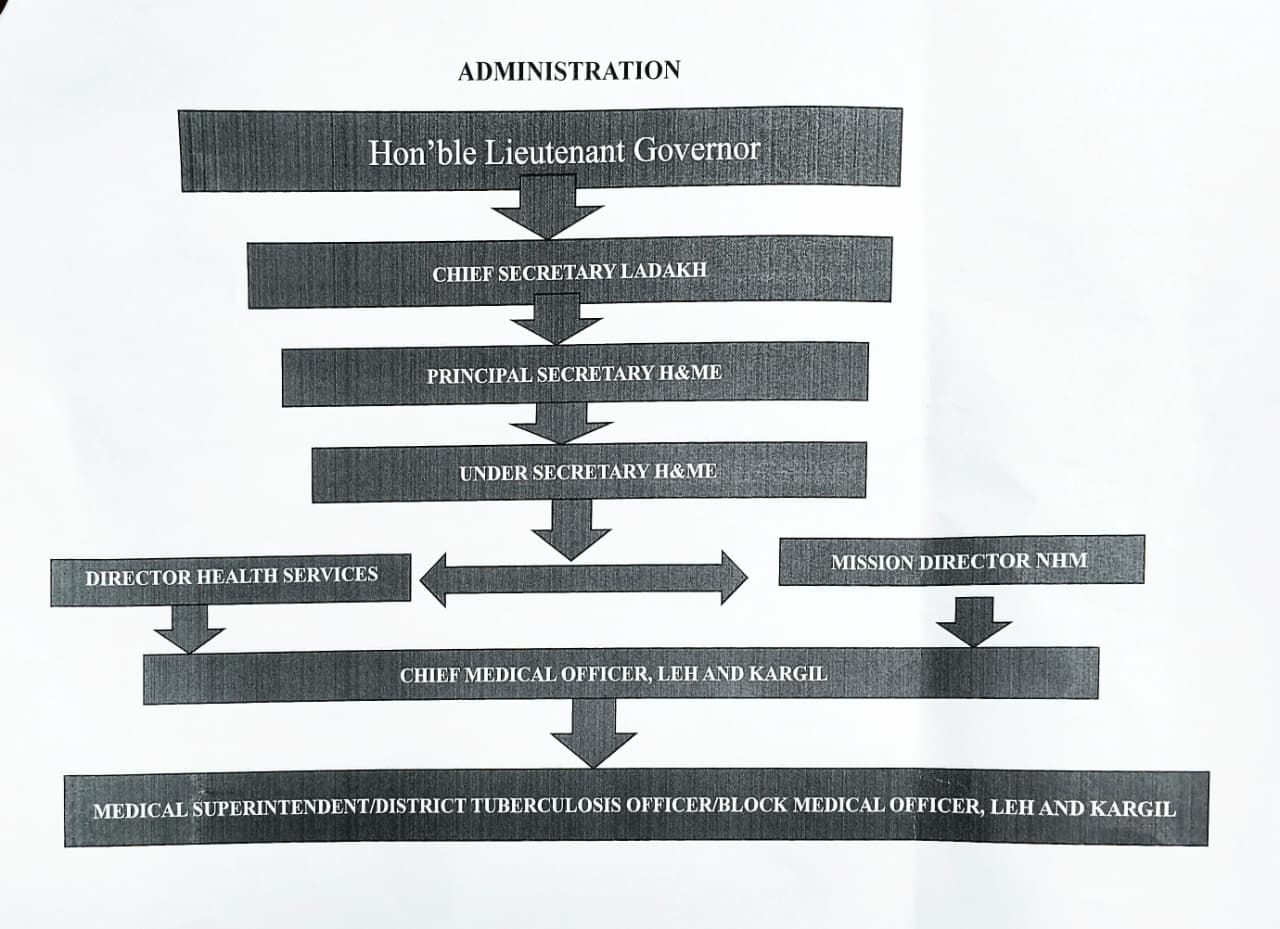The Health & Medical Education Department is striving to deliver state-of-the-art and affordable healthcare to the citizens of UT-Ladakh. With the support of the Ministry of Health and Family Welfare, Government of India, the healthcare delivery of UT-Ladakh has seen a tremendous rise in its quality due to the huge funding and bridging of the gaps of Human Resource and healthcare Infrastructure which is aimed at raising the standards of healthcare delivery in the UT of Ladakh.
Objectives and Purpose
The Medical Education Sector is going to be strengthened by sanctioning one new Medical College. Thrust has been laid to the strengthening of the Primary Healthcare level including the Sub District Hospital and Community Health Centre so that the referral case load for the district Hospitals is reduced.
Key Objectives
The overall motive is to achieve “Health for All”. The Universal Healthcare scheme introduced by the Administration of the Union territory of Ladakh in addition to the Ayushman Bharat PMJAY is a fully funded healthcare Insurance scheme for all the citizens of Ladakh.
Commitment to Remote Areas
It is our commitment to ensure high quality healthcare delivery to our people living in the remotest hilly areas and difficult terrain.
Mission and Vision
Vision
Vision of the Health and Medical Education Department is to provide highest quality healthcare which is accessible and at doorstep.
Mission
The department aims to provide quality health services – including prevention, promotion, treatment, rehabilitation and palliation – without incurring financial hardship to the public with the commitment to achieving Universal Healthcare for all by 2030, which is fundamental to achieving the other Sustainable Development Goals.
Core Principles
• Quality healthcare services for all citizens
• Financial protection against healthcare costs
• Accessibility to remote and difficult terrain areas
• Integration with national healthcare schemes
• Sustainable development goal alignment
Key Initiatives
Infrastructure Development
Significant investments in healthcare infrastructure including new medical colleges, district hospitals, and primary healthcare centers.
Human Resource Development
Bridging the gap in healthcare professionals through training, recruitment, and retention programs.
Universal Health Coverage
Implementation of comprehensive health insurance schemes covering all citizens of Ladakh.
Remote Area Healthcare
Special focus on delivering quality healthcare to remote and difficult-to-access regions.




